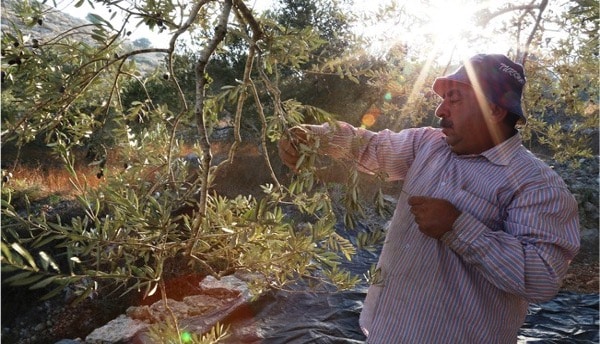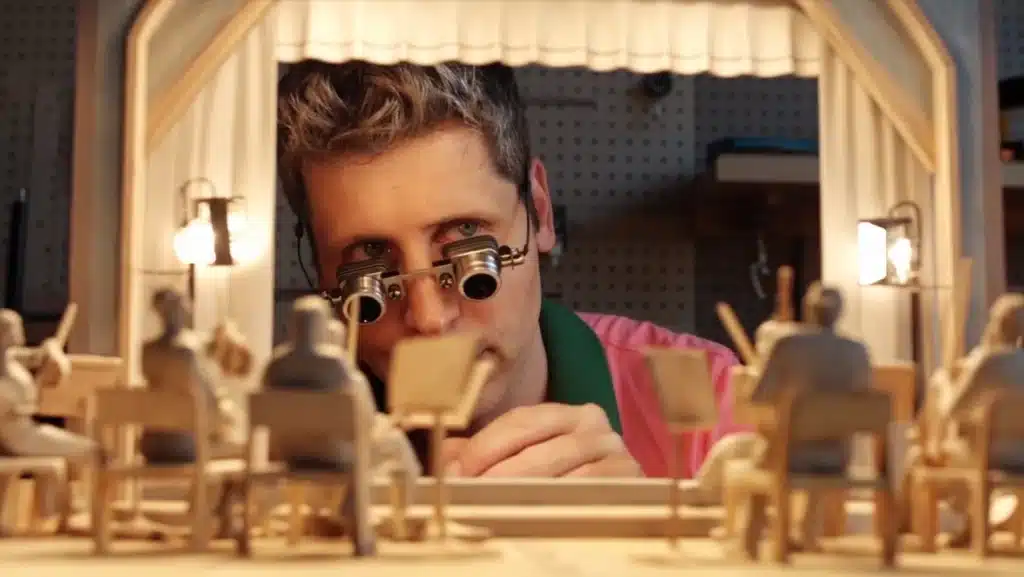Diversity in organisations is not just “nice to have”. It delivers value through stronger innovation, customer connection, and access to wider talent pools.
And our world is changing. With a greater global mix of ethnicities available to employers, empowerment of women and increasing freedom to express your own unique identities, diversity is there for the taking. Yet organisations can be spectacularly bad at capitalising on this opportunity. Too often roles, recognition and reward are not shared equitably, resulting in the same type of person still holding power at the top.
True inclusion goes far beyond putting a wider variety of “bums on seats”. It requires effort and investment to overturn the structural disadvantages and the psychological barriers experienced by many. There is no quick fix for a systemic lack of inclusion. It needs systems thinking. That is an holistic rethink of how the different elements within an organisational system interact and a huge collaborative effort to shift that whole-system towards something more truly inclusive.

Laura Haycock, founder of consultancy Brew People, sees great opportunity in tackling inclusion holistically.
Diversity training, our usual go-to solution, has had a lot of flak in recent years and it’s fair to say that it hasn’t always lived up to expectations. A great deal of money has been thrown at helping employees become more aware of their biases and the impact these have on our thinking and behaviour. Some organisations have done this on a famously colossal scale such as Starbucks as a response to a shocking incidence of in-store racism.
Most of us now understand that much of bias is unconscious; reflecting either instinctive, deeply wired, responses to those who seem “different to me” or beliefs in negative stereotypes that have been drip fed to us. However, reversing such bias is notoriously difficult. Some studies even suggest that focussing attention on bias in a workshop could make it worse. If you are told not to think about elephants, what do you now conjure up vividly in your mind? Mine is doing a handstand with head-feathers, by the way.
Often training focusses, not on ridding us of bias, but on helping individuals identify practical actions they can take to counter bias. Of course, knowing about an action and implementing that action are two different things. People can be lazy, complacent, simply too busy or in fact decide to do the opposite as a reaction to being told what to do. Helping people change their behaviour is hard and so, yes, a one-off workshop on “how to be inclusive” is probably not going to cut it!

Organisations can be ‘spectacularly bad’ at capitalising on the opportunity that diversity and inclusion bring. Picture from Wavebreakmedia on iStockPhoto
Does that mean that diversity training is dead? Far from it. Whilst recognising its risks and limitations, helping people understand the fallibility of their own decisions and behaviours is an essential element of change. What it does mean, is that such training should never be used in isolation or seen as an easy quick fix but rather be integrated into broader programmes for leadership and organisational change.
As outlined in the Government’s Statement on Unconscious Bias Training, “while there is clearly a role for training to support a more inclusive workplace and Civil Service, evidence also suggests that even the broader category of ‘diversity training’ as a standalone exercise can undermine such efforts if it appears to be a “tick box exercise”. The Civil Service will therefore integrate principles for inclusion and diversity into mainstream core training and leadership modules in a manner which facilitates positive behaviour change.
Creating systemic inclusion is a complex problem. It requires a systems-thinking approach so that we can begin to grapple with the multiple processes, structures, behaviours and attitudes that form part of a system. A complex system might not change at all if we just deal with one part in isolation. Instead, we need to work out how the different parts interact and work as a whole.
Tamara Finkelstein, Permanent Secretary for the Department for Environment, Food and Rural Affairs and Sir Patrick Vallance, Government Chief Scientific Adviser, set out what Systems Thinking is and the advantages it offers for good policy making.
For example, in an investment bank I worked with, senior managers attended a session to understand how they could recruit more diverse talent. They left motivated and with greater clarity on what they could do differently. Would this have resulted in more diverse teams? Maybe. But only if the organisation also budgeted the time for managers to “do” recruitment inclusively versus doing recruitment fast; perhaps investing time in reaching out to new talent pools or interviewing rigorously against criteria that are genuinely important for the role rather than simply a gut-feel reflection of who is already in the role.
Furthermore, the recruitment system is only one part of the bigger organisational picture. Any success at recruitment falls flat if diverse people find they do not have access to the same stretch opportunities, the same quality development, or find their work unfairly scrutinised and under-valued. If diverse recruits find that the overall system still favours the established few then, sensibly, they will choose to take their talent elsewhere.
Taking a systems-thinking approach, we also recognise that creating change within an organisation means adapting to unique and continually changing conditions as recognised in the work of Oxfam. New opportunities and challenges evolve in the wider social and economic environment. New expectations and pressures emerge. The organisational system must be understood in relation to this wider context.

Oxfam is a leader in implementing systems thinking. Picture shows Baker, a founding member of the Farkha Cooperative – supported by Oxfam – picking olives that will be turned into organic olive oil to be sold in the Gulf. Photo: Alun McDonald/Oxfam
In my work with clients in the veterinary profession, I have seen a strong shared intent to attract and retain more diverse vets. Traditionally the profession has been very male, white and middle-class, in part due to the cost of extended studies, the elite image of veterinary science as a profession, the relative absence of diverse role-models, and assumptions about needing to do 24-7 care on farms as well as in clinics.
There is a deep understanding that solutions must work across the whole system: to attract diverse students who otherwise wouldn’t identify with this career, to overcome barriers to training, to ensure all vets are treated with respect and, yes, to tackle bias that still sees male vets of equal talent recognised and paid more than their female counterparts. In the background, they must also grapple with shifting social attitudes that demand more flexible working and a better work-life balance. All these issues work in concert to create the desired outcome. Tackling just one or two areas could result in no change at all.

The veterinary profession has been very male, white and middle-class. This needs to be tackled systemically. Picture from SeventyFour on iStockPhoto.
Dealing with complexity is, well, complex. Systems-thinking can end up feeling like the “theory of everything” and potentially frighten us off or result in “analysis paralysis”. However, rather than run back to throwing a bit of training at a problem, help is thankfully at hand. In May 2022, the UK Government Office for Science, published a Systems-Thinking Toolkit for all civil servants to use in handling complex issues. This outlines practical tools, collaborative route maps and case studies that draw on the best of Systems-Thinking.
By work pulling together stakeholders across an organisation and mapping out the issues and interdependencies, we can take a much more credible step towards whole-system change. Ironically, to work well they state how systems thinking needs diverse thinking, so it’s never been a better time to start working systemically on inclusion!
Laura Haycock, founder of Brew People, is an Associate Fellow of the British Psychological Society, and has supported numerous organisations in diversity, leadership, organisational development, strategic change, and employee engagement.
Subscribe
Sign-up to receive our newsletter





